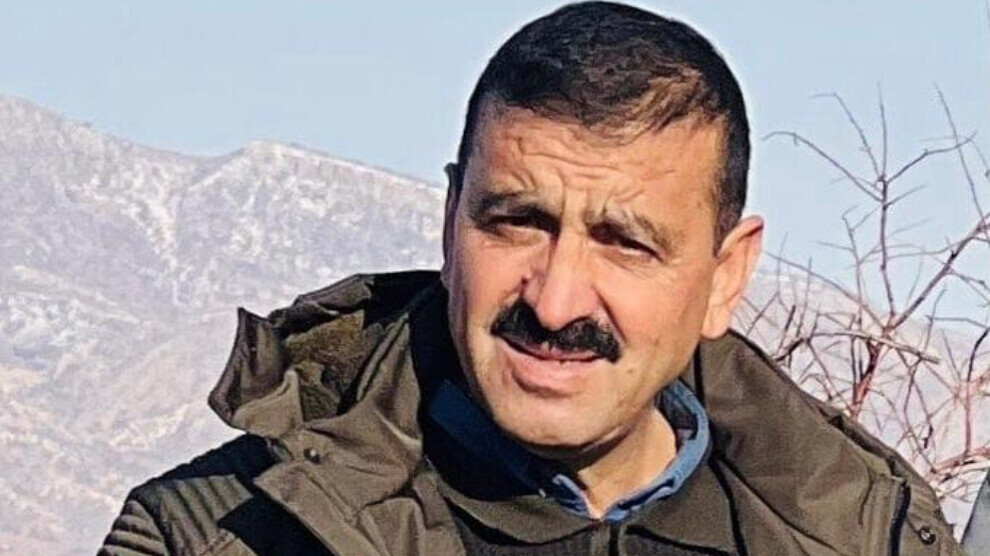Police take father of Roboski victim into custody
Selahattin Encü, the father of Şivan Encü, one of the 34 civilians killed by the Turkish state in Roboski, was taken into custody.
Selahattin Encü, the father of Şivan Encü, one of the 34 civilians killed by the Turkish state in Roboski, was taken into custody.

Selahattin Encü, the father of Şivan Encü, one of the 34 civilians killed by the Turkish army in the F-16 bombardment near Roboski village in 2011, was detained in Urfa.
The reason for the detention of Encü, who was taken to the Urfa Police Department, could not be learned.
Persecution of families
The families of the Roboski victims have been constantly persecuted since the massacre. The aim of this constant harassment is to intimidate the families and prevent them from continuing to call for justice and the truth.
On 7 March this year, trial of several relatives of the victims of the Roboski massacre for alleged terrorist propaganda ended with an acquittal. The criminal court in the provincial capital Şırnak concluded that no criminal offence had been committed and acquitted all defendants. The trial had already been dragging on since the end of 2019. The pronouncement of the verdict, scheduled for the beginning of October, was postponed at short notice.
Sixteen people from the village of Roboski (tr. Ortasu) were accused of taking part in a commemoration ceremony for their killed relatives. The charge was "propaganda for a terrorist organisation" - meaning the PKK. The ceremony had taken place four years after the massacre. The public prosecutor's office considered several slogans on banners such as "Self-government instead of massacre - peace instead of war" as alleged offences. The trial caused anger and indignation in Kurdish society. However, it was not the only trial against the Roboski families.
The criminalised memorial event on 28 December 2015 in Roboski was dedicated to the human rights lawyer Tahir Elçi, who had been shot dead by the police in Amed (Diyarbakir) exactly one month earlier. The legal representative of the Roboski families stated that the state wanted to take revenge on the dead of a people with the trial.
The massacre
On 28 December 2011, a total of 34 civilians were killed in an air strike by the Turkish army near Roboski. Nineteen of the victims were minors, four survived with serious injuries. The massacre took place shortly before the New Year. The young men, aged between thirteen and 38, whose families lived from border trade, had just returned from southern Kurdistan (northern Iraq). Their donkeys were loaded with petrol cans, tobacco products and sugar. The shelling by Turkish fighter jets began at 9.37 pm and continued until 10.24 pm. In the end, many of the mainly young civilians and their donkeys were literally torn to shreds.
The Turkish general staff later explained that the decision was made to attack them since the group had taken a route also used by the PKK, so they had been considered "terrorists". Hours before the first air strike, however, drone images had already been analysed at 6.39 p.m., in which the people were clearly recognisable as border traders. The local military police (gendarmerie) were also aware of each group of smugglers, as they collected illegal customs duties.
In any case, the guerrillas do not use large routes like the border traders and do not move in such conspicuous groups with mules. The military leaders in charge in Ankara must also have been aware of this. The current head of state, Recep Tayyip Erdoğan, who was prime minister at the time, promised to clear up the incident. However, it was also Erdoğan who personally thanked the Chief of General Staff for the bombing.